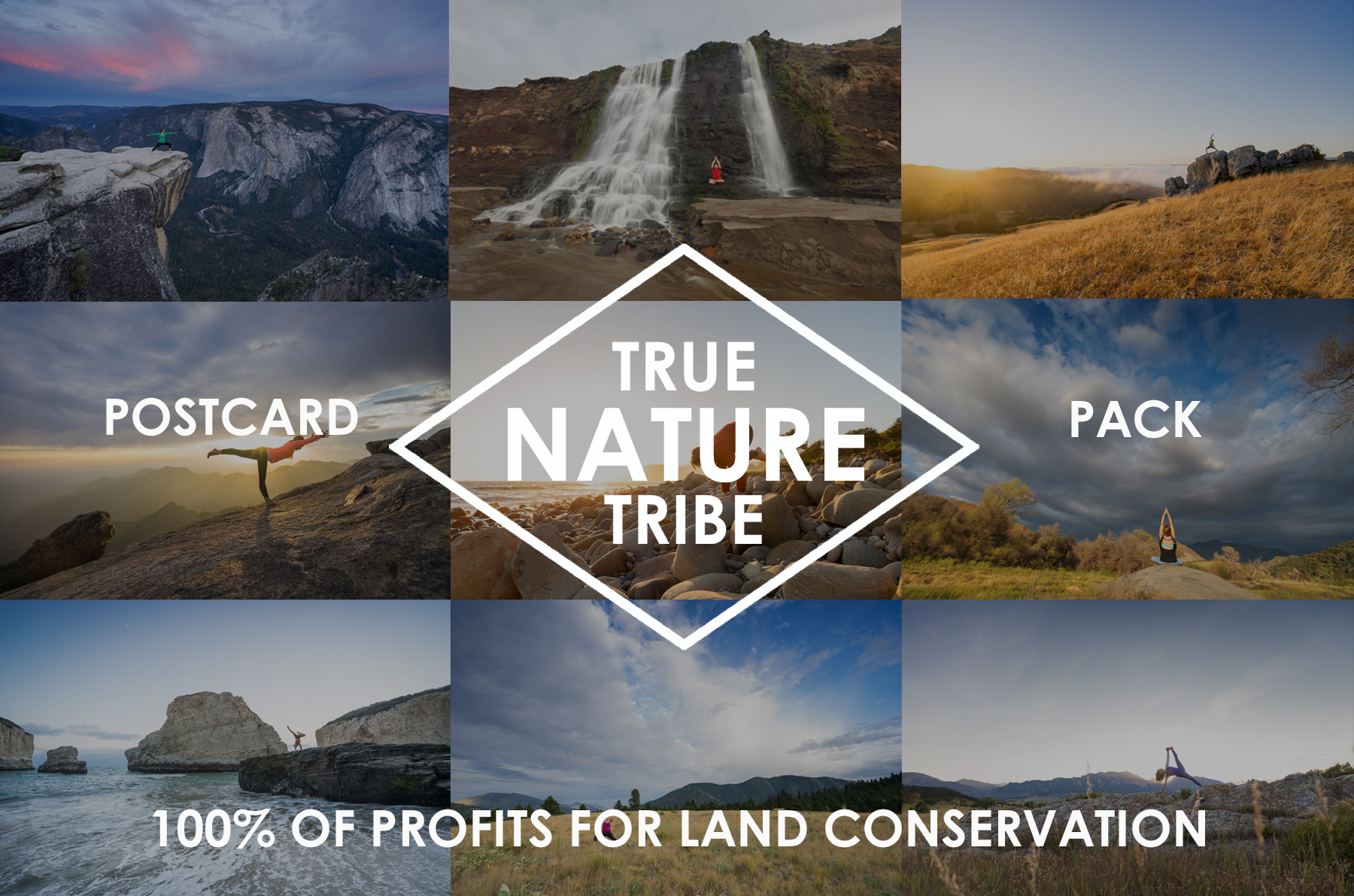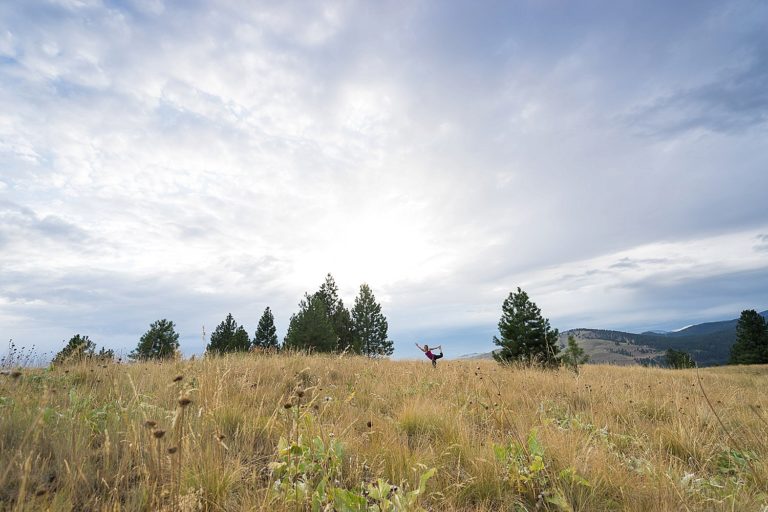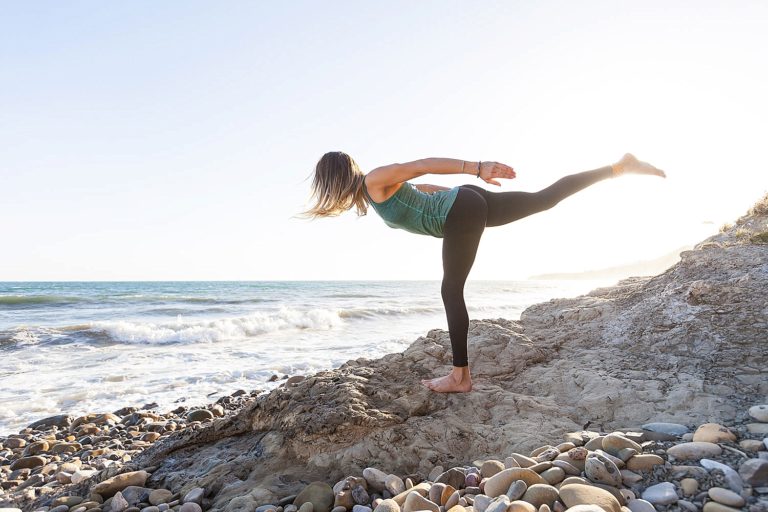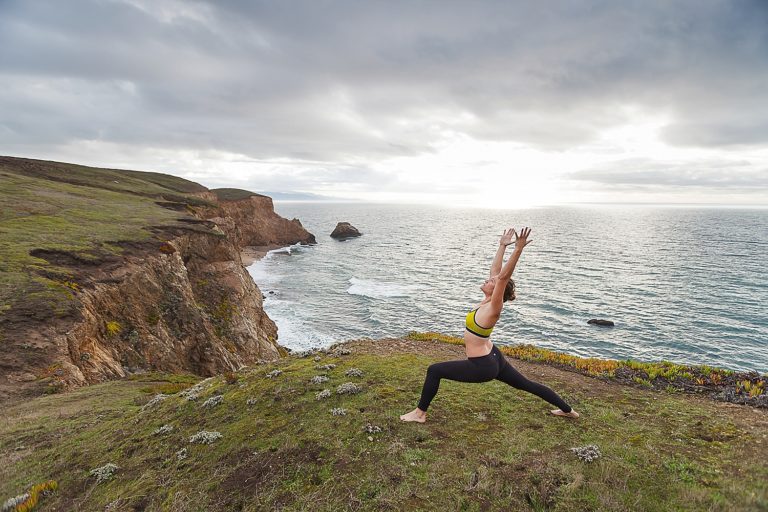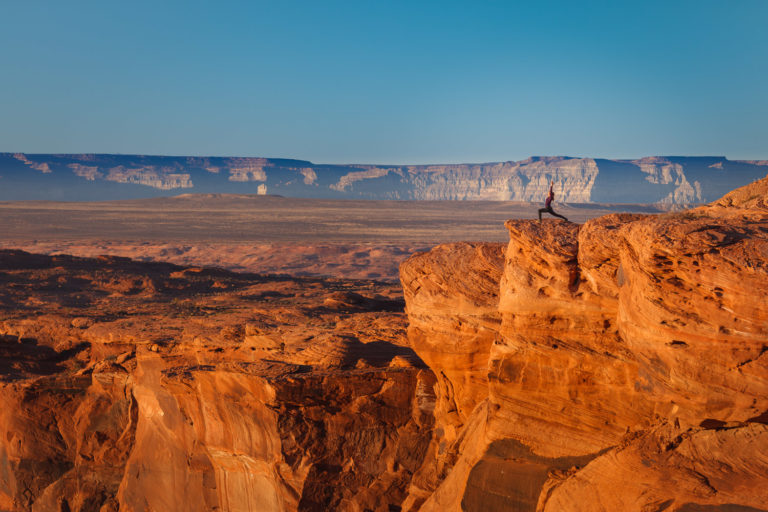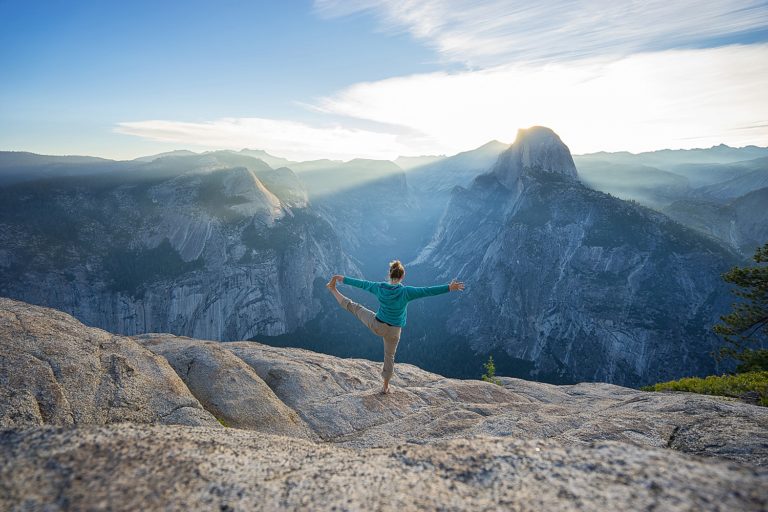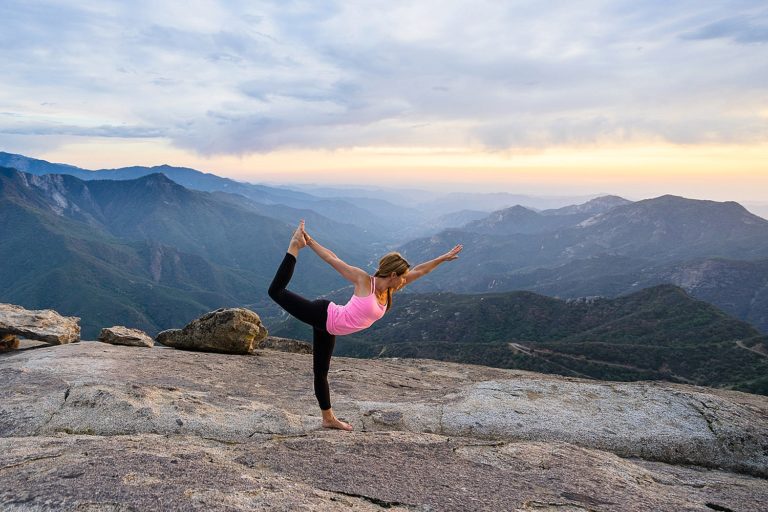Living Well | Pancho Gomez
Welcome to the first interview post from the True Nature Tribe. At the bottom of the post I’m going to encourage you to support the project but really I’m asking you to support the protection of beautiful places. We’re selling a postcard pack, 100% of the profits will be donated to protect the places we love to experience and to play. Even if you’re not interested in the postcards consider making a donation to the Conservation Alliance. Now, on to the reason for todays post, living well through yoga!
If you’re new here, head back and check out the earlier posts for some background on the project:
Throughout this project we photograph and interview yogis about yoga in nature. Todays photo story and interview is of our friend and yogi Pancho! Check out his perspective on yoga below. We’ll start with his answer to the question, what is yoga?!
“Yoga is a way to live well.”
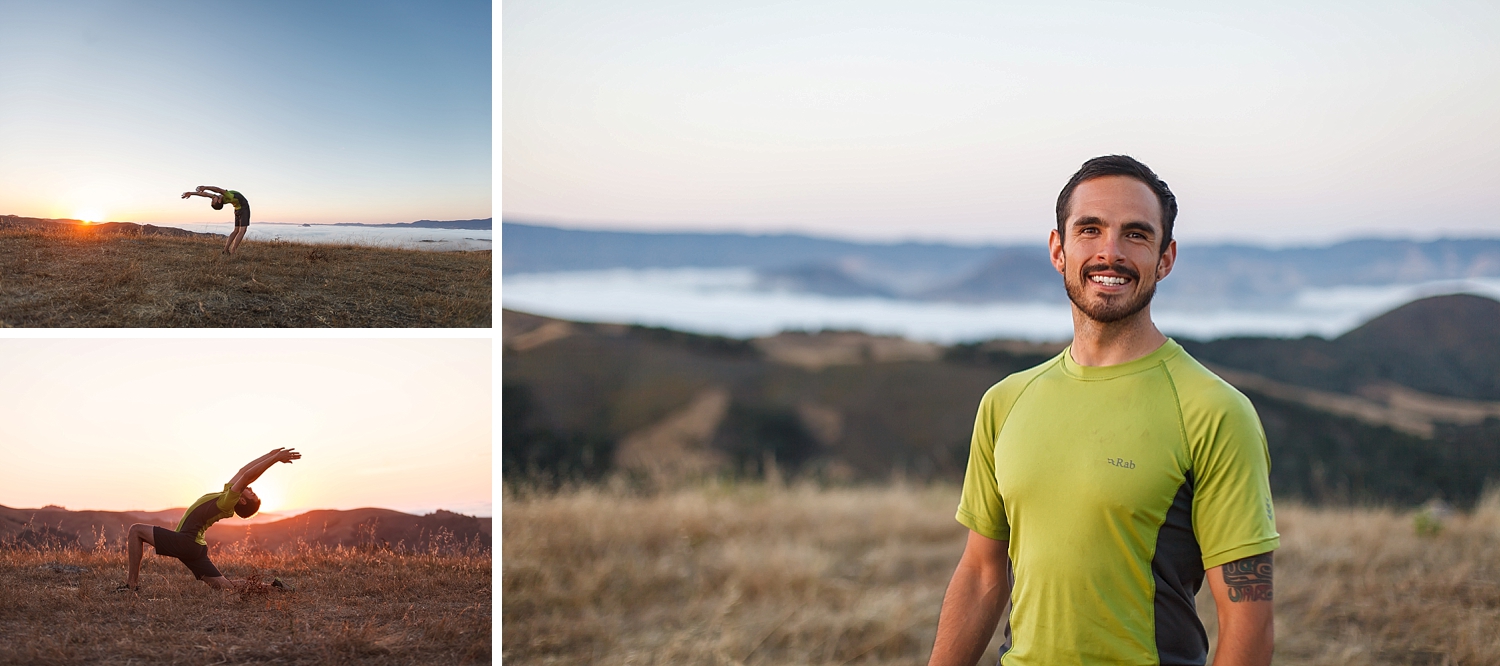
Part of Pancho’s decision to move from working at a tech start-up to attending yoga teacher training was trying to go in a radically different direction. He feels that sometimes finding balance involves going in a drastically different direction from where you are and what has been habituated in order to find the middle. I feel like I can both understand and relate to that reaction. There’s something about getting fed up with stress and unhappiness, whether it’s a cause of unhealthy dynamics in the workplace or something else. You feel “out-of-wack” as Pancho puts it and so you want to swing the pendulum in the complete opposite direction of where you are in order to figure out where to go next. There’s that, the potential for meeting beautiful and grounded women, and the fact that he felt that he had being doing yoga long enough that he wanted to share it with others. As he practiced, he noticed additional benefits in how yoga impacted both Capoeira and climbing.
Since we originally met Pancho through leading trips for Cal Poly’s outdoor adventure program, he related his feelings to something he knew we would understand. As Pancho puts it, “The biggest reward you get from taking people outside in nature is what you’re doing for them and what they’re getting out of the experience because you could be doing something that is far more gratifying to you if you’re not having to keep tabs on them and make sure they’re not dying.” Similarly to his desire to share outdoor experiences with others, it’s the same with yoga. “It’s nice to bring something to their lives that makes a visible difference in quality of life, how they approach things, their attitude, and their overall joy.”
Pancho, an obvious people person, touts community as one of the benefits of yoga. He specifically enjoys walking into a class and seeing some of his favorite people there to practice together. Less tangibly, Pancho mentions something that many people notice when they’re practicing and then stop.
“You’re just kind of a better all-around person when you’re doing yoga regularly.”
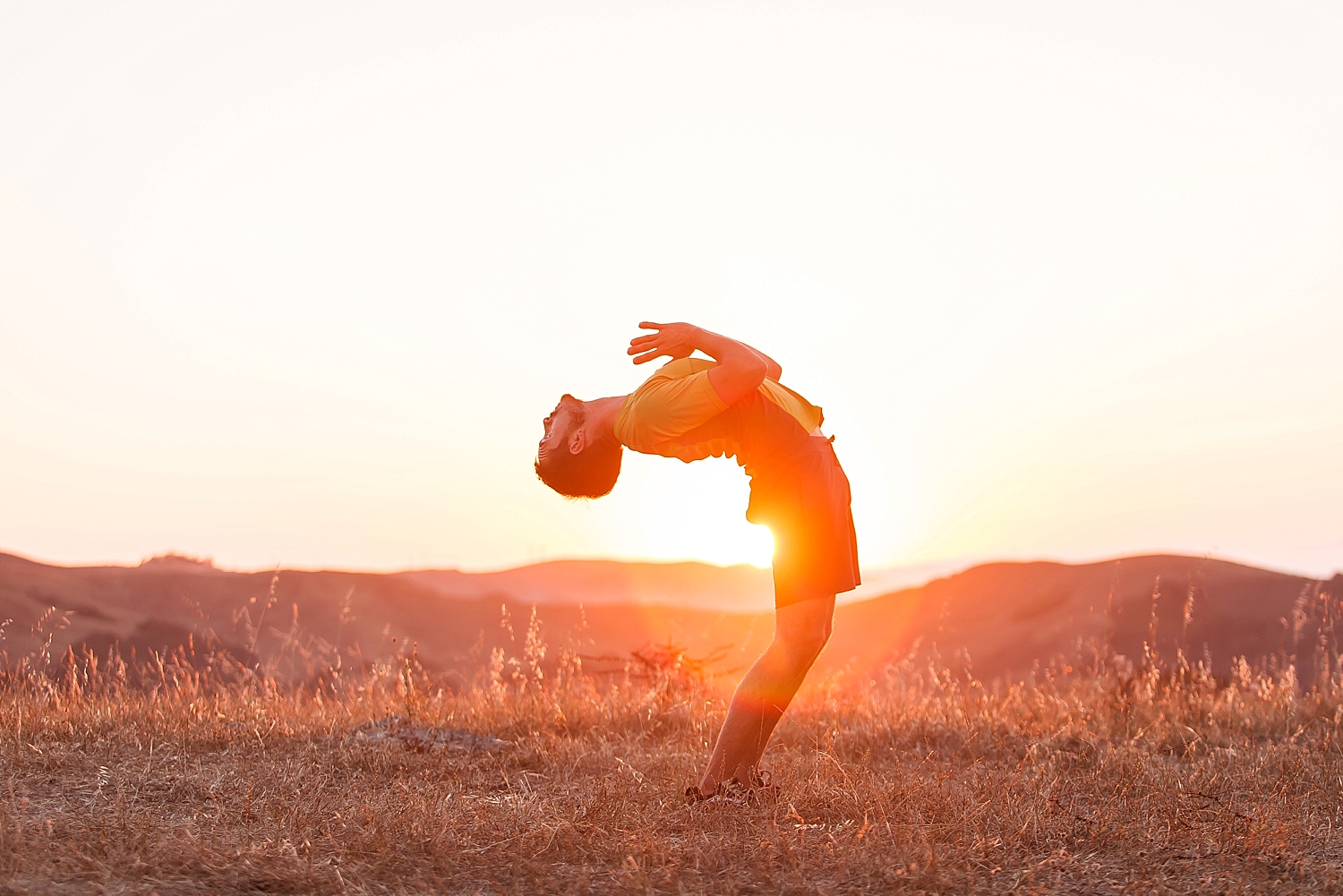
He goes on to describe how you’re less cranky and less likely to be negative about your life when you are practicing yoga regularly. Pancho believes that aspect of yoga, whatever it is, is an important benefit of yoga. It impacts who you are and how you interact with the world around you. Not claiming to be an expert on the subject, Pancho describes that shift, whether it’s hormonal or in the subtle body or something else, as ethereal. To further understand what he was saying I looked up ethereal and found it defined as a adjective to describe something extremely delicate and light in a way that seems too perfect for this world. I’m sure that the researchers, psychologists, and physiological experts could describe what is happening in our brains and with our hormones, but Pancho’s right. For most of us, finding a practice that helps us reduce stress seems too good to be true.
“Definitely people who get pissed off and lay on their horns could use some yoga.”
When asking Pancho about changes to his own life he describes having better posture, looking people in the eyes more, and thinking before he speaks. Currently Pancho is learning about communication, listening, and considering what he’s going to say before he does. He sees the importance of speaking the truth, control and restraint, and bringing value to the table with his words. He sees it as helping his relationships with others as well as his relationship with himself. Let’s take a quick timeout just to make sure you understand what we’re saying. Pancho is learning things about communication and relationships with others from practicing yoga. Does your gym membership include that class?
Pancho acknowledges the many ways that people search for inner peace or inner realization: religion, yoga, or self-help empowerment. He describes that all of these seekers are really doing the same thing, which is trying “to grow and flourish as a individual.” As a philosophy minor in college, Pancho attributes his approach to yoga to lessons he’s learned from great philosophers with his own views most closely aligning with Aristotle’s definition of a virtuous man as someone who is flourishing. Therefore, Pancho desires to teach yoga in order to help others flourish.
After listening to him, I think it’s best to describe him as a guide who wants to show others the way. When reflecting on his time as an outdoor guide, he describes the simplicity and beauty of taking people into nature and allowing nature to do the work for him. He can just drop subtle hints about beautiful views and then leave his students alone to take in the views. “Ultimately,” he says, “nature does a better job than any priest or yoga teacher could ever do because it happens in the person with minimal to no input.” He desires to take the same approach to teaching yoga.
He dreams of a place where people can escape “that daily grind of 9-5, sitting in traffic, coming home stressed, going to sleep, and doing the day all over again.” When thinking about that life, he recognizes how commonly we are slaves to our phones and thinks nostalgically about Poly Escapes trips. “The first thing we did when everyone got in the car was turn your phone off. Why? Because that forces you to be in the car with everyone else in the car and you’re stuck talking to those people in that moment.” That small act of being present seems to be an important theme for the life Pancho is building for himself.
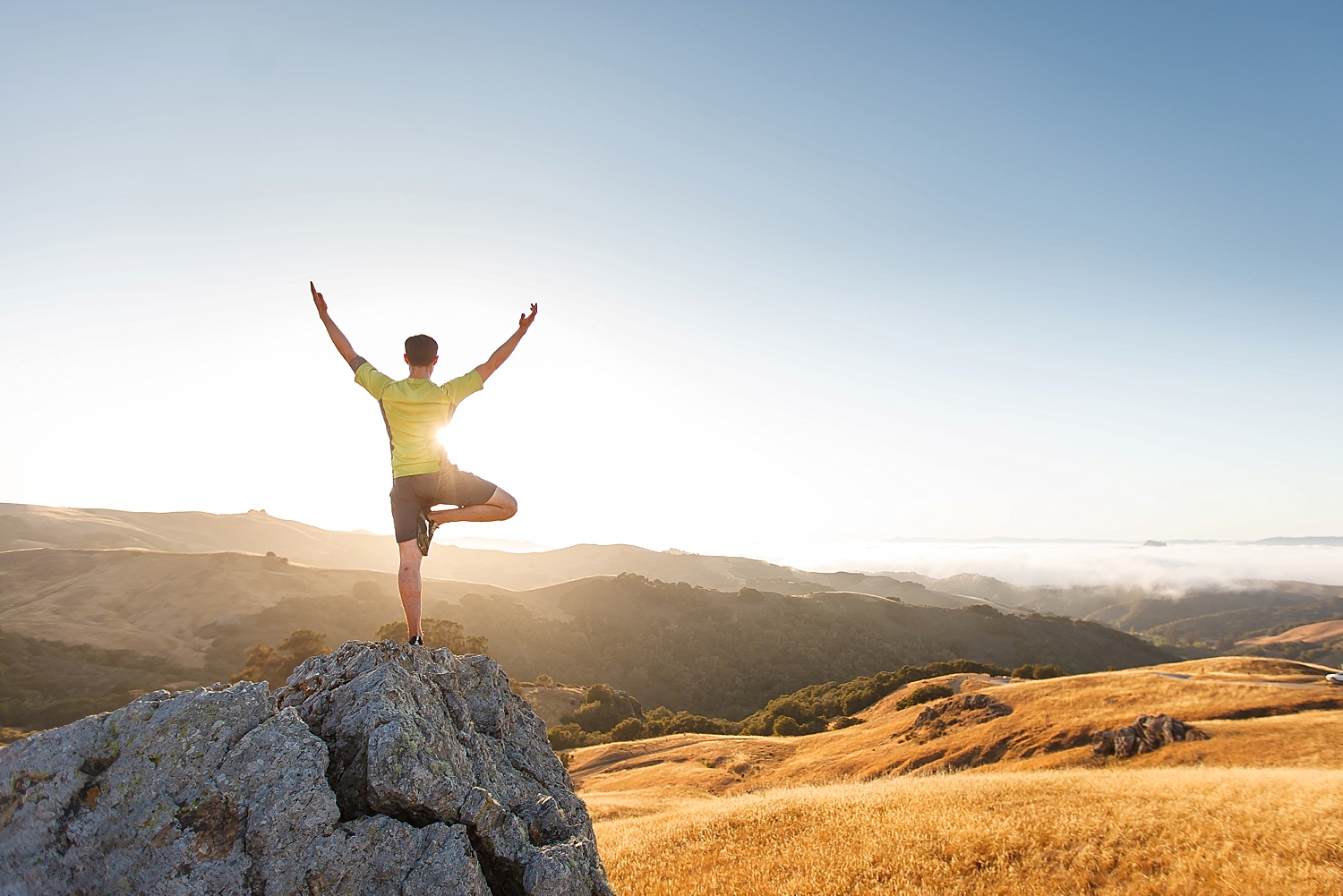
To quote John Muir, “Thousands of tired, nerve-shaken, over-civilized people are beginning to find out that going to the mountains is going home; that wildness is a necessity.”
Pancho references John Muir in discussing the importance and benefits of going outside, cleansing your soul, wiping your spirit clean, putting everything away, and coming back with a clear mind. He describes this process of stepping away from the everyday patterns of our lives so that we can see them clearly. Then when we come back to them we are able to distinguish which ones are healthy and which ones are unhealthy.
A connection Pancho sees between yoga and other outdoor sports he loves, such as climbing, is a certain focused state-of-mind. The only thing you’re thinking about is how your limbs are going to move from climbing hold to climbing hold or yoga pose to yoga pose. Yoga and climbing are both ways to “get to a place where your mind is turned off a little bit, there are no distractions, and you are just doing that thing.” Both have meditative qualities.
As we are beginning to discover, yoga can be physical, mental, spiritual, philosophical, and any combination. After touching on the many of the aspects of the practice, I was curious which one was most important to Pancho. I probably should have guessed that he would be drawn to the philosophical side of the practice with a focus on living well. He began picking up the philosophical aspects in little chunks beginning with body awareness in savasana and growing to include concepts such as not reaching, both on the yoga matt and in life in general. Through his yoga teacher training, you can imagine Pancho has been geeking out on reading books and learning the theories of various influential yoga teachers: Patabi Jois, Iyenajr, Krishna Macharia, Desacachar. He likes seeing the differences between the various ways of looking at the practice and deciding what it all means to him.
After weighing various opinions, Pancho is starting to see that “Yoga is this thing that helps people improve their lives and it helps people make the necessary changes that they need in order to be in a better place moving forward because it allows them to get a better perspective.” Perhaps most importantly, he recognizes that, “It’s going to be different for every person and for every culture, there’s no sense in trying to take a square peg and put it in a round hole when it’s not going to fit. It’s not one yoga for everybody, it’s a very different thing for everybody.”
I agree and I’m beginning to see that every yoga story is as unique as the person telling it. At the same time, I feel connected to all the different yogis I meet with their different reasons for practicing, their different styles of practice, and their different goals. Pancho himself talked about community, being in the moment and connecting with those around him.
Pancho imagines that if you drew a VIN diagram there would be a strong overlap of all the outdoorsy people and all the yoga people. There’s a certain type of person that is drawn to both activities, something Pancho and I certainly agree on. My question for him was, why the overlap? What is the overlap that causes people that are drawn to the outdoors to also be drawn to yoga? Pancho reasons that perhaps it’s our priorities and what we value in life. So Pancho, what do you value?
“Living a life experientially instead of living a life consuming is proven to be more fulfilling.”
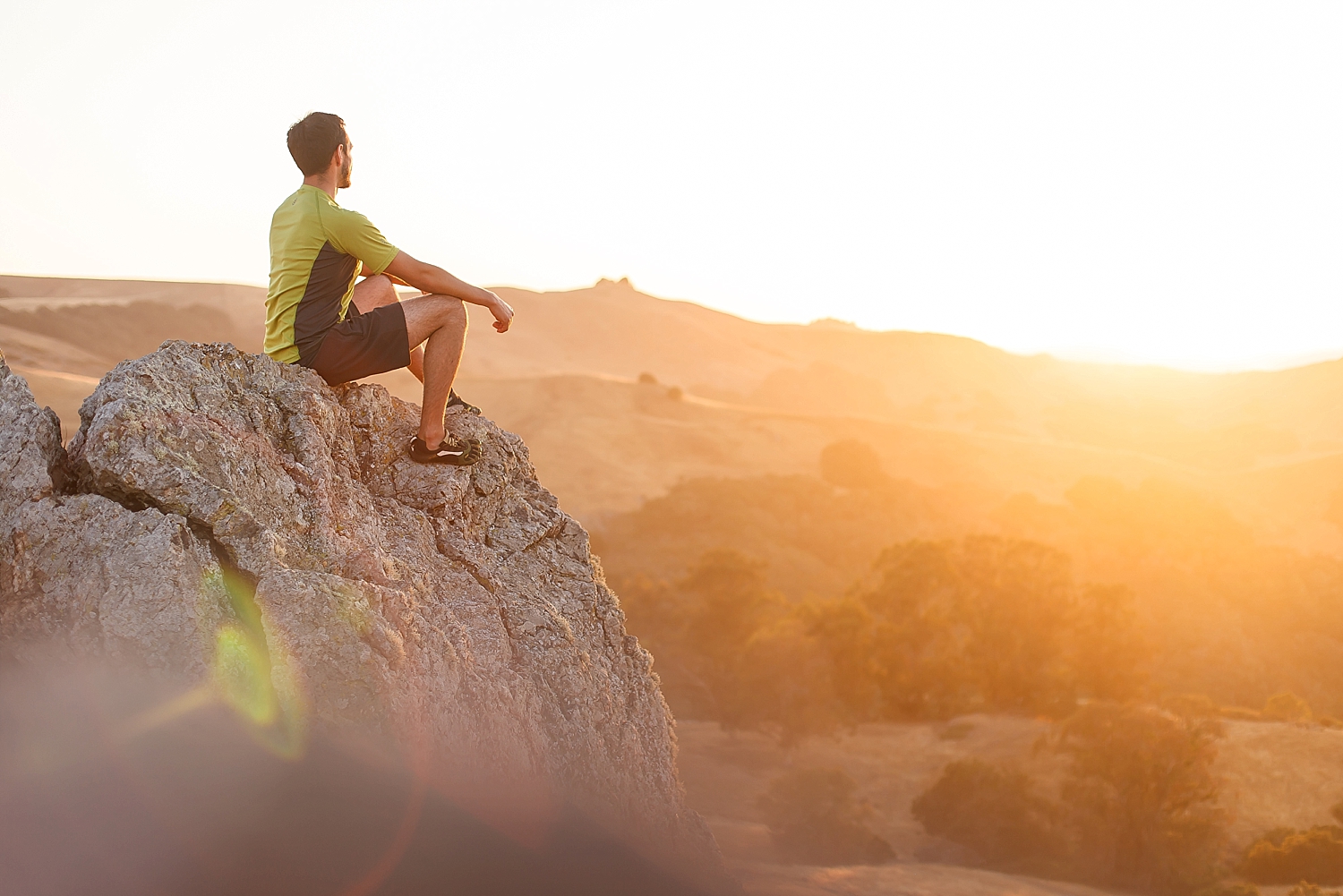
Pancho compares an experiential lifestyle to a materialistic one discussing that a life-changing expedition never gets old while stuff does. The novelty of your new tv wears off while the lessons you learned from and experience are lasting. I tend to agree with Pancho on this one but for arguments sake let’s just put it out there that it different people might have different perspectives. There are, after all, different love languages in which some people like experiences while other life gifts. Pancho did say that living your life this was ‘proven’ to be fulfilling. So, I turned to my good friend google to find that proof. Naturally I found arguments on both sides of the equation. Rather than cherry pick supporting arguments and mislead you or turn this into a debate, I’ll turn to what I think is the heart of the matter.
Even a philosophical guy like Pancho, in the end, follows his heart. You weigh the research, listen to both sides, and then decide what you believe. He describes it as brain knowledge versus emotional knowledge, we can know in our brain something is good for us or we can feel it in our heart. We can understand in our gut through our experiences what builds us up and helps us grow. If Pancho is right, and I think he might just be, you don’t need me to show you the research. You’ve felt it. On the mountaintop, the beach, or in your yoga studio you’ve felt the benefits to your life and you see what Pancho sees.
“Understanding that there’s more to life than making money and buying shit. That, yeah we do need money because we have to be a part of this society we were born in and that we live in. But the most rewarding things are not things, they’re experiences.”
“A fulfilling life is not about consuming things, it’s not about making money and buying things. It’s about facilitating experiences for yourself and finding a balance so that you have the time and the resources to have those experiences as richly as possible.”
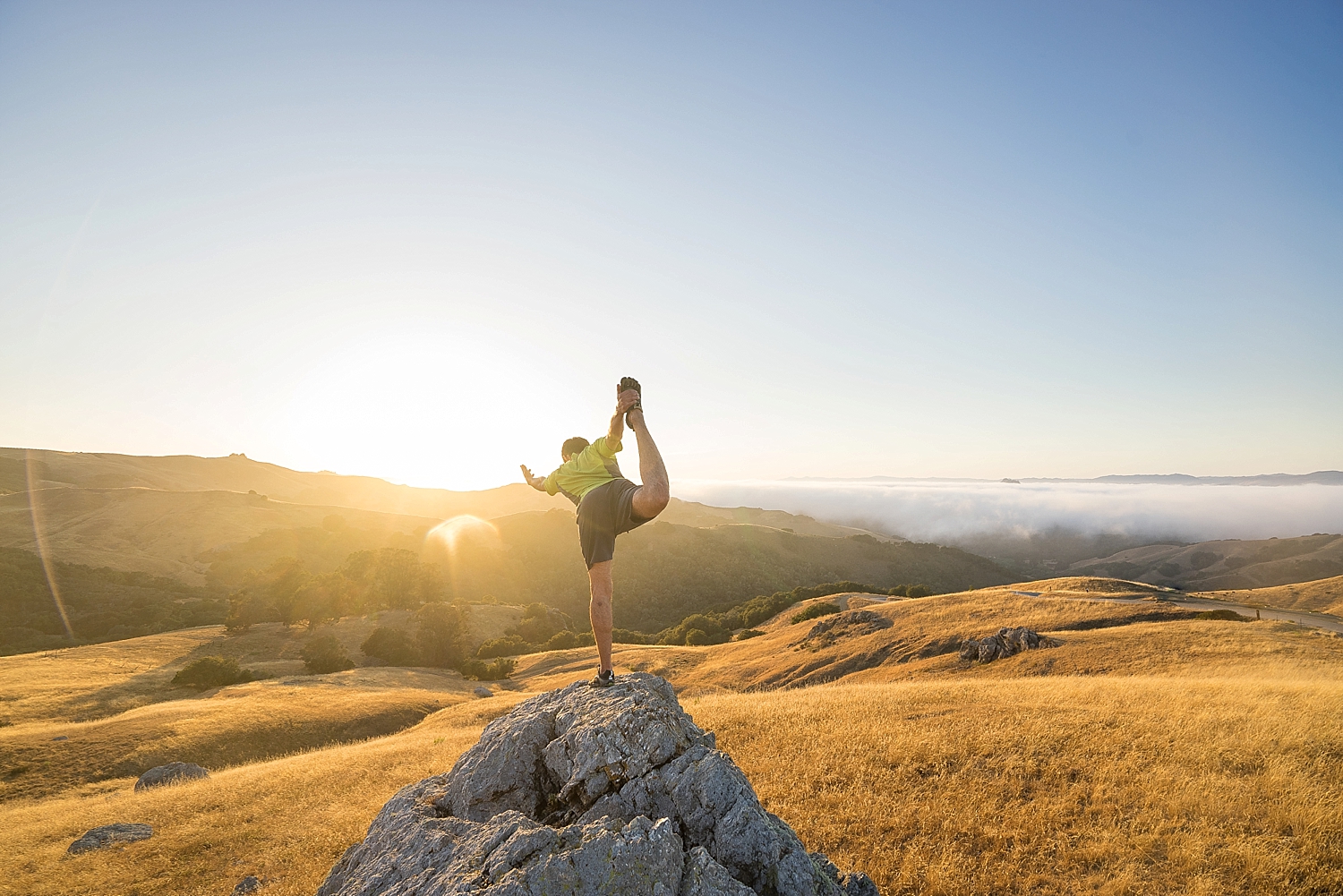
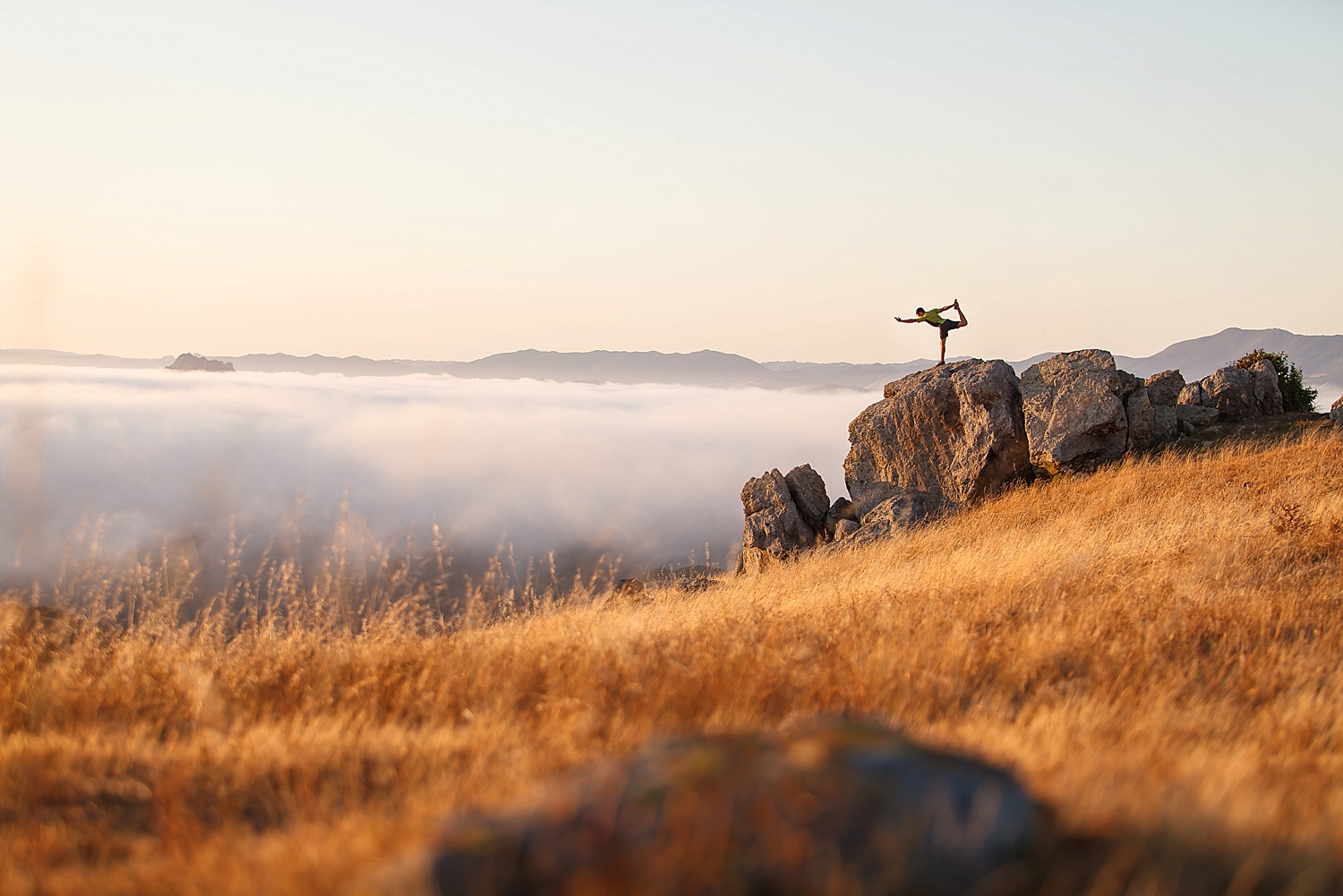
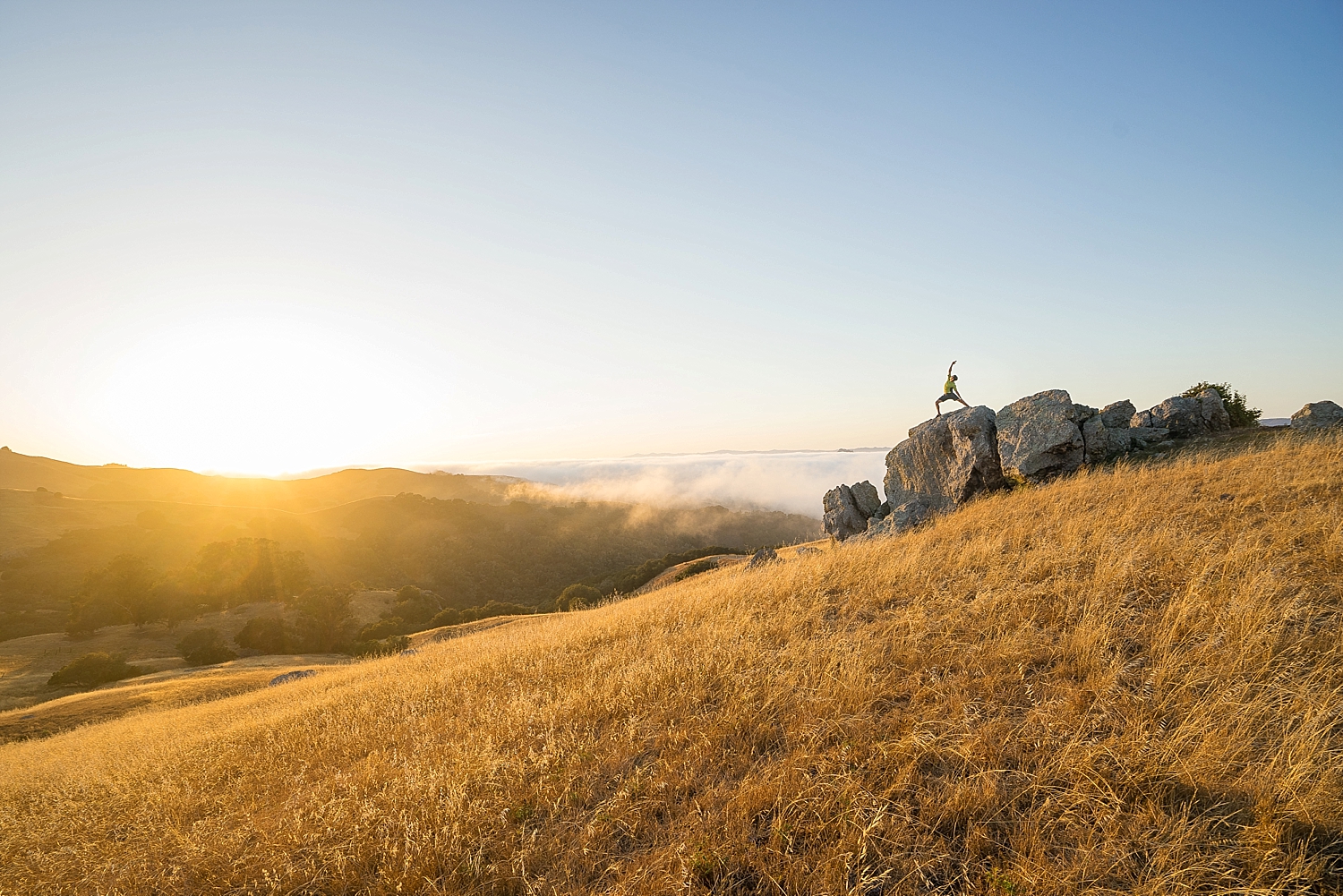
Thanks for tuning in! Be sure to visit our website for more information on what we are doing with the True Nature Tribe project about yoga in nature. You’ll see glimpses of the stories ahead and well as ways to get involved. We would be honored if you would support our project in whatever way you are able. We’ve created a Postcard Pack that is available for purchase. 100% of the profits will be donated to land conservation.


